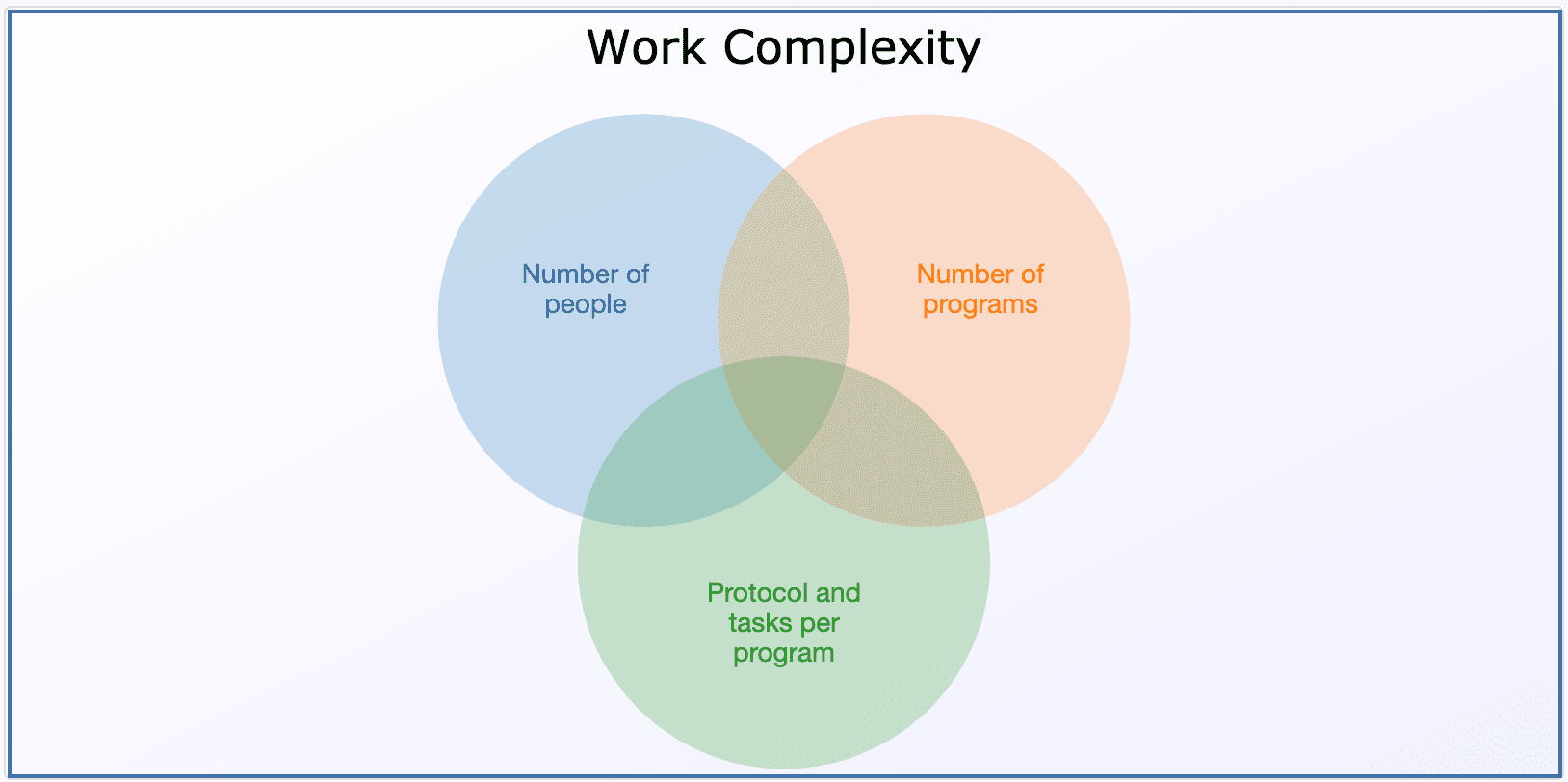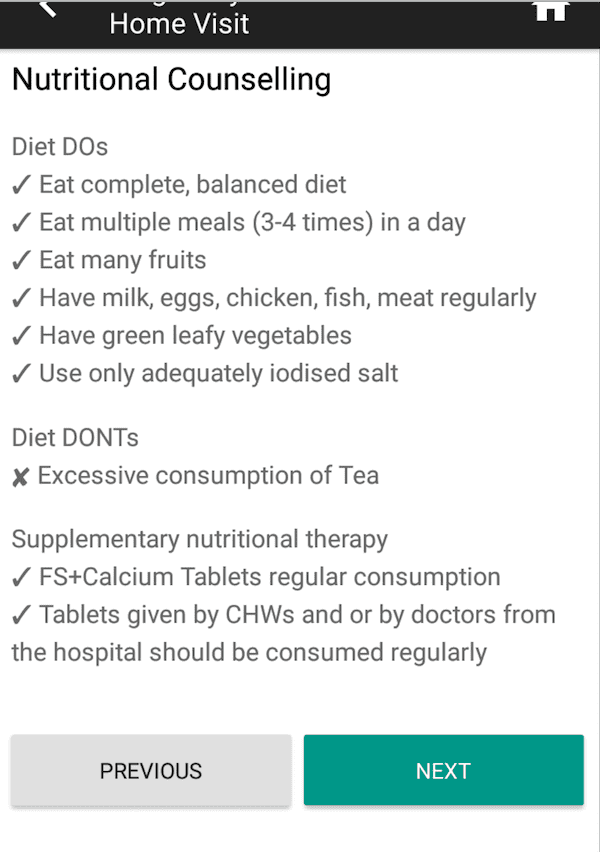Community health service and Avni
December 19, 2019 by The Avni Team
Many NGOs in India provide community health service via their health workers (CHWs). These CHWs are the backbone of community health systems. CHWs work is quite complex and Avni helps in making their work easier. This blog will cover (very briefly) what is Community health, Community health service and how Avni helps.
Community health
There are three health related challenge faced by people living in rural villages:
- physical access to health services
- money to access these services
- knowledge of when and how to use these services
In urban slums, the first one is mitigated to great extent but other two are not. The idea of community health is to tackle all three (or two in urban) challenges - to the extent possible. Many health NGOs in India do this - under what is broadly understood as community health service.
Community health service
In both rural and urban context, NGOs achieve this as follows:
- Employ* community health workers (CHWs) and assign them a few villages/slums. These CHWs are trained by them to perform health work like - measuring BP/weight/temperature/etc; how to take prescribed drugs; counselling people; identifying common risks based on symptoms; basic architecture of the health system; so on.
- CHWs perform activities like - doing home visit for health checkup, screening for common diseases, referring people to health system, following up after doctor's visit, etc.
- Have program coordinators who support and supervise the CHWs by monitoring their work.
- (often) In rural setup, NGOs also run a community hospital by themselves. In urban context this is usually not necessary given the travelling to clinics, hospitals is not an issue.
* sometimes NGO also engage with government health workers (ASHA and Anganwadi Workers)
By bringing many simple health services closer to the people, they make the health system accessible (1) and CHWs help bridge the knowledge gap (3). These services are provided at affordable prices (2) by the NGO.
NGOs run multiple health programs simultaneously via the CHWs based on age, gender and health conditions (e.g. maternal health, cancer screening, malaria testing, tuberculosis treatment adherence etc) - of the people in community.
Avni helps in improving the quality of service
The work performed by CHWs in the field, even though not highly technical, is quite complex. The intersection of three factors contribute to the complexity.
- Avni allows the CHW to manage all the health records via a mobile application, while being in the field.
- Avni field app, is aimed to be used at point of care i.e. CHWs use it when they are providing the service to people. This allows Avni to guide the CHW in providing the service. The guidance is not restricted to just forms - but also in when/how to counsel, what checklists to follow, what video to show (see diagram below).
- Avni can be setup to understand the programs and their protocol of visits. Hence the app schedules the future visits and CHW can access their schedule of work - to make sure they are not missing out on any visit or beneficiary.

